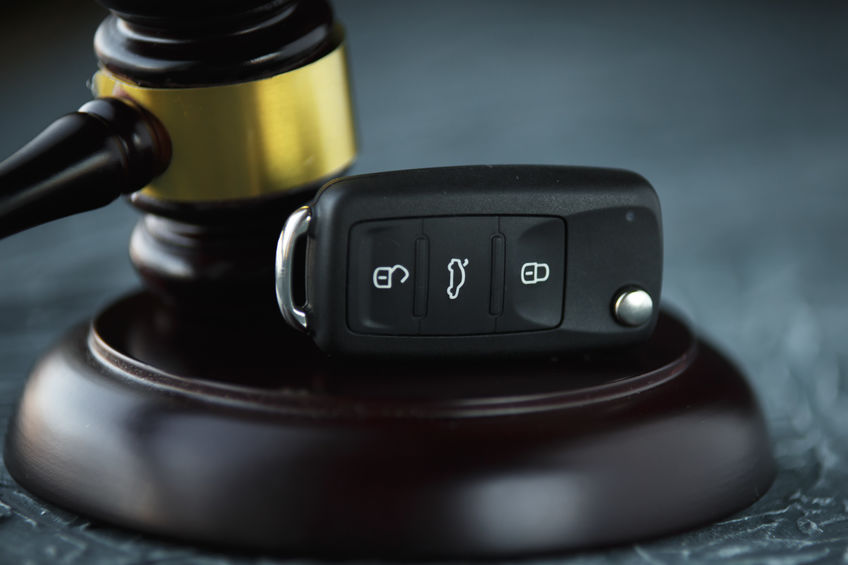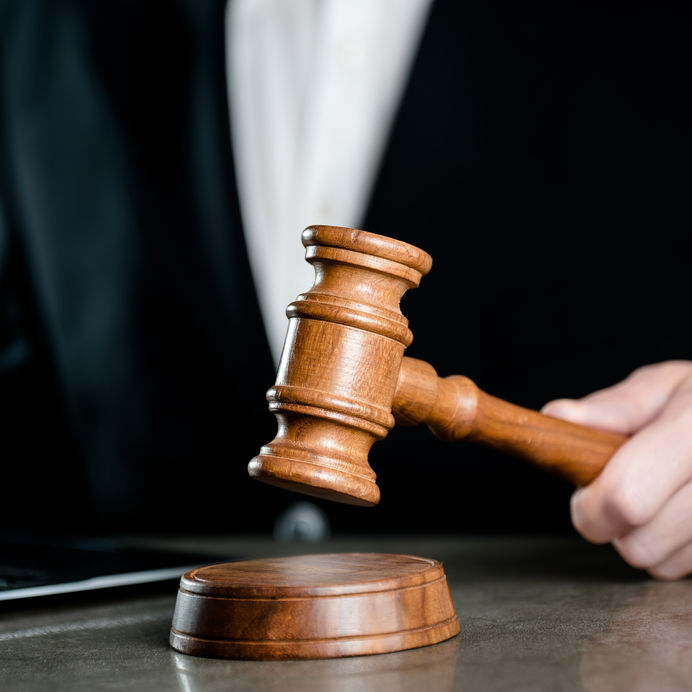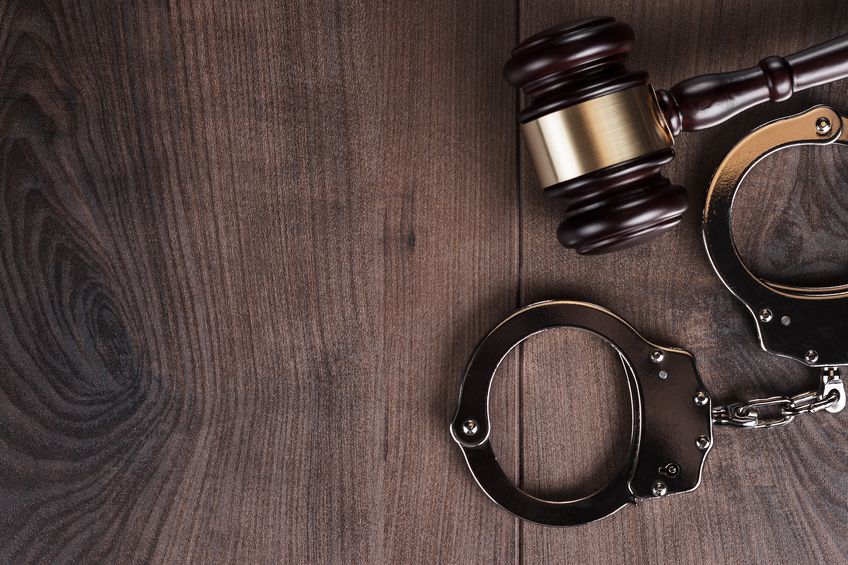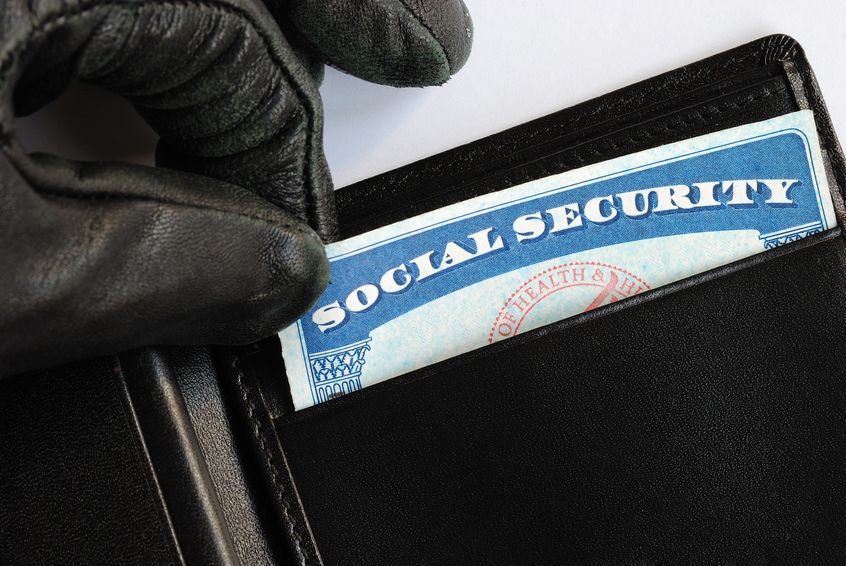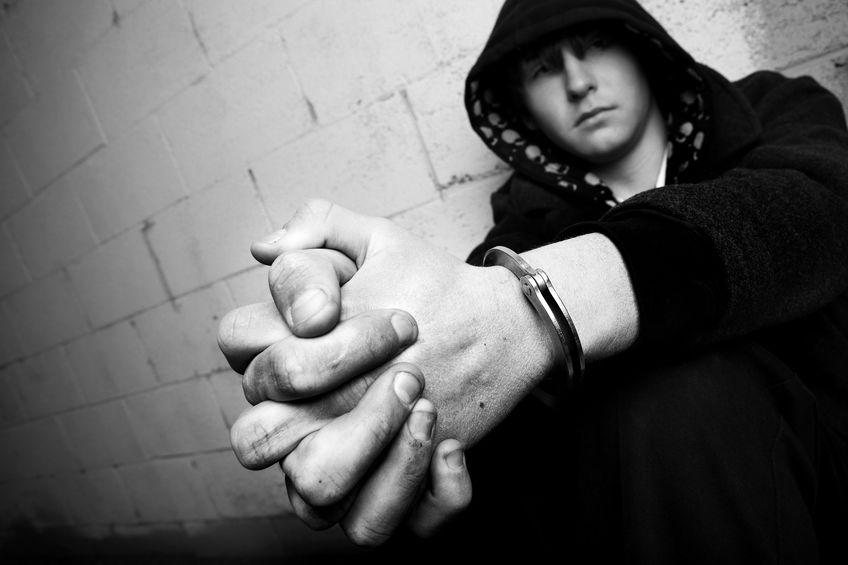How Can I Fight a Protective Order?
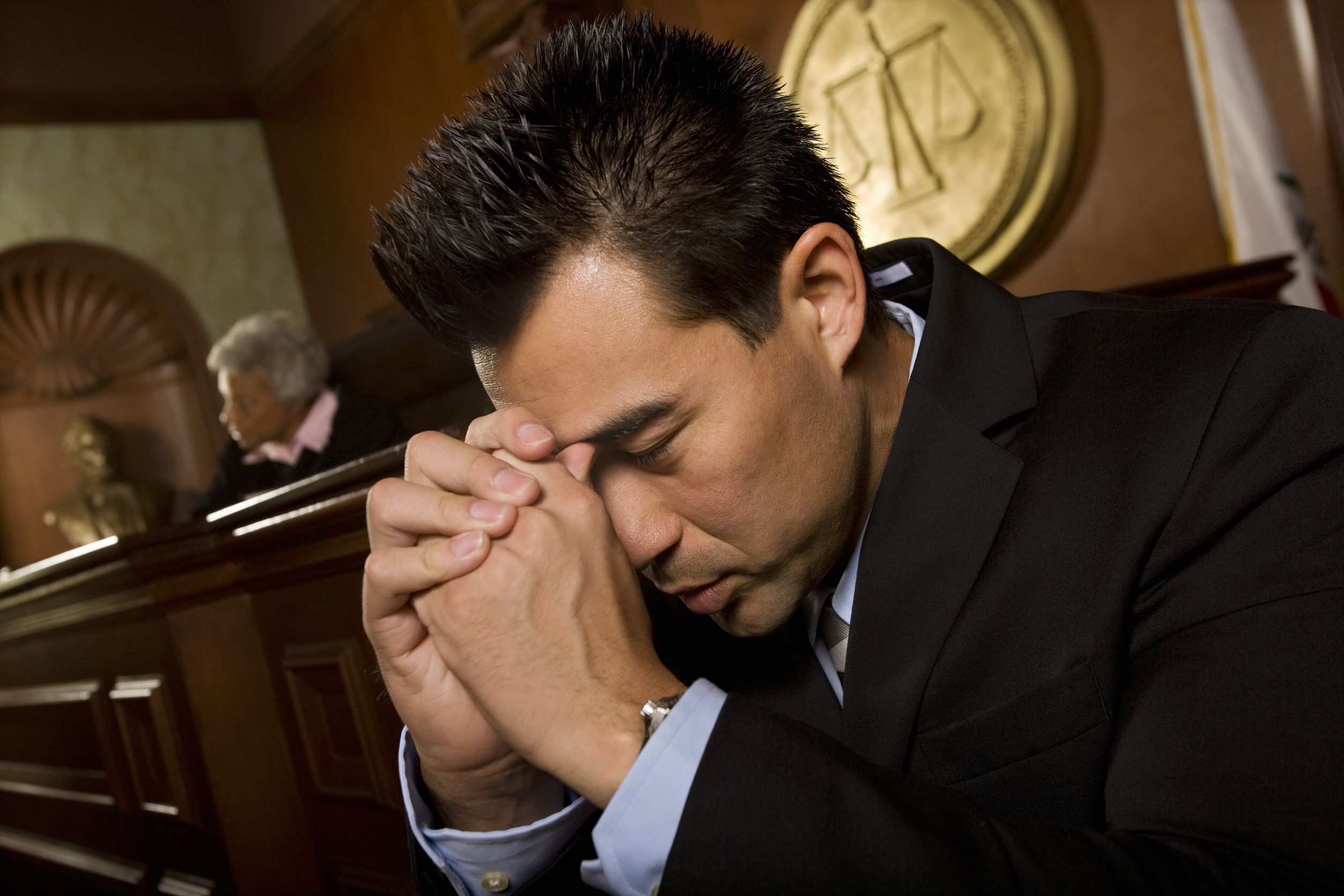
Were You Charged With Assault Or Child Abuse?
If you were charged with assault or child abuse, you may have also been issued a protective order, also called a restraining order. Or, you may be facing a protective order filed against you by someone out of the blue. Here’s what you should know about fighting for your rights when someone is seeking a protective order against you.
What Is a Protective Order?
A protective order is a legal document that notifies the judicial system that there is a potential for abuse or violence, and also puts the alleged perpetrator on notice. A protective order will contain specific guidelines that the alleged perpetrator must abide by, such as staying a certain distance from the alleged victim. Failure to adhere to those guidelines may result in severe consequences, including but not limited to fines and/or jail time.
When Is a Protective Order Issued in Maryland?
A protective order can be issued in Maryland when abuse or violence occurs between an alleged perpetrator and someone in their home with whom they have a familial relationship, such as a spouse, a child, or even a stepchild. Protective orders are often filed in conjunction with domestic violence or child abuse charges, however, any Maryland resident who meets the relational requriements can file for a protective order at any time.
How to Fight Against a Protective Order
In a domestic violence or abuse case, the burden of proof is on the victim. They must be able to show enough evidence that violence is likely to recur without a restraining order that a judge would see fit to grant the order. Because of the private nature of this type of violence, hard evidence against the alleged perpetrator often doesn’t exist. It’s often the word of the alleged victim against the perpetrator’s.
Common defenses against protective orders include illustrating good character to the courts, showing that you have no past history of domestic violence or other violent criminal activity, and bringing evidence of false or fradulent allegations of abuse against the supposed victim.
When to Contact an Experienced Criminal Defense Lawyer
If you’ve been issued an interim protective order or have been notified that someone is seeking a full protective order against you, it’s important that you work with an experienced criminal defense attorney. Contact Britt Criminal Defense today to learn more about defending yourself against a protective order or to schedule a consultation at 443-944-5705.

